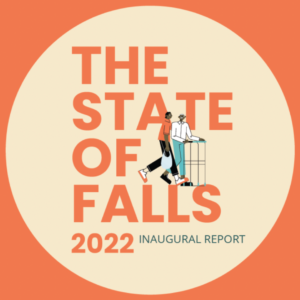3 safety concerns to consider in long-term care
The ECRI Institute has published its second annual list of the Top 10 Patient Safety Concerns for Healthcare Organizations to help providers focus their safety efforts. The new report is free with online registration. ECRI targets patient safety, adverse event reporting and analysis, developing recommendations to improve patient care.
While all of the areas listed are of concern, the first three items are of particular note to long-term care (LTC) operators:
- Alarm hazards
- Data integrity
- Managing patient/resident violence
Alarm hazards. Overhead paging might be a thing of the past, but excessive activations can lead to alarm fatigue. Caregivers can miss the alert because of distraction or desensitization to the sound of the alarms. How the alarms are configured can be a factor in adverse alarm events, explains Rob Schluth, senior project officer, ECRI Institute, in a release.
Health information technology (HIT). The value of HIT depends on the accuracy of data and their completeness. Missing or incomplete information on electronic health records or other HIT could affect resident safety. To eliminate risks to patient safety, the systems must be well designed, implemented and used carefully.
Violence. Episodes of violence can spring up anywhere people live and work in close quarters. Employee stress and a resident’s mental acuity and emotional health can ignite a situation. Train staff on response techniques by using safety policies and programs designed for your organization.
The list also highlights the threats to patient safety in areas such as care coordination, medication errors and transport.
Review ECRI's top 10 list and use it to initiate discussions on patient/resident safety to pinpoint areas of risk develop initiatives to improve patient safety.

Sandra Hoban was on I Advance Senior Care / Long-Term Living’s editorial staff for 17 years. She is one of the country’s longest-serving senior care journalists. Before joining Long-Term Living, she was a member of the promotions department at Advanstar Communications. In addition to her editorial experience, Sandi has served past roles in print and broadcast advertising as a traffic and talent coordinator.
Related Articles
Topics: Advocacy , Risk Management , Technology & IT










